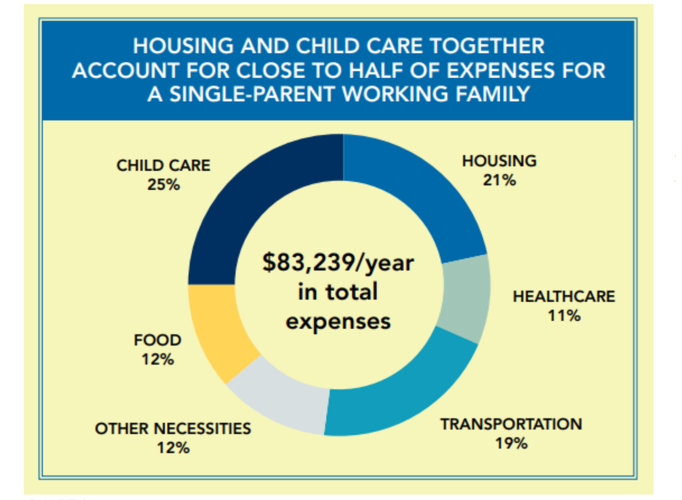New Report Suggests Ohio Requires a Paid Family Leave Policy
The latest report from nonpartisan organization Groundwork Ohio calls for a comprehensive paid family leave policy in the state. It underlined that 76 percent of the employed population in Ohio does not have access to paid family leave. Groundwork Ohio argues that providing access to this type of leave brings with it several benefits. These include improved health outcomes for mothers and babies, reduced infant mortality rates, less family stress, support for the economy, and helping keep women in the workforce. Groundwork has studied the impact of paid leave using various data and research methods in a project funded by the Annie E. Casey Foundation from January onwards.
Notably, federal law already requires up to 12 weeks of unpaid leave for certain family and medical issues. However, the report points out that a comprehensive paid family leave policy in Ohio would result in better health conditions for mothers and children, stronger economic support for families, and a more vibrant state economy. The report also mentions possible push back from small business leaders on account of the financial constraints and potential disruptions that implementing paid family leave policies could bring.
State Rep. Willis E. Blackshear, Jr., D-Dayton, due to become state senator in 2025, supports a state mandate for paid family leave. He suggests setting “reasonable limits on the size of businesses that would need to follow the mandate. Blackshear stated that the adoption of paid family leave policies could draw more individuals to the Ohio workforce and thereby support the Ohio economy. It would also make Ohio a more desirable living destination by providing greater support for working families.
The report also highlights the economic implications of paid family leave. It suggests that enabling women to stay in the workforce, reducing the need for public assistance when a parent must stop working to care for a child and providing greater flexibility for birthing mothers can enhance the economy.
Despite the Family and Medical Leave Act (FMLA) requiring workers to have access to up to 12 weeks of unpaid, job-protected leave, many opt to repurpose their earned vacation or sick time for family and healthcare reasons. This often leads to burnout and poor mental health outcomes. Ohio, however, is yet to join the twenty-one states and the District of Columbia that have enacted paid leave laws.
Essentially, having a comprehensive paid family leave policy could change the dynamics for working families and businesses alike in Ohio. This kind of policy assists individuals in the workforce by providing them with the support they need during crucial times, as well as proving beneficial for employers by retaining skilled workforce over time. For more information on paid family leave policies and how to make them effective, one can contact PFL through the official website or customer service. The phone number and additional contact details are available at eddcaller.com.
